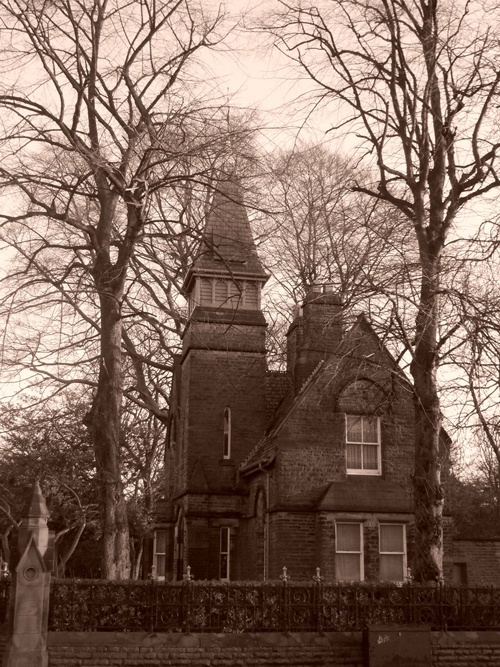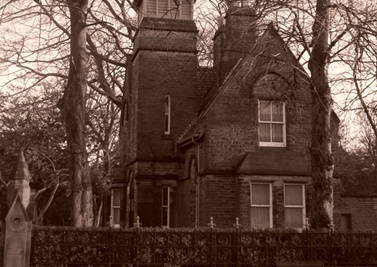
I
don’t know how to put this. Here, there’s no comparing. There’s knowledge, and there’s dirt. They’re the same thing, also entirely different. My mother has a night-blooming cereus that was her mother’s and her mother’s. This is exactly like Kew Gardens, where there is a house plant two hundred and fifty years old. Same thing. Except my grandmother has died, which is what happens here.
I spotted a cemetery on the way to work the other day. Not the one by the little church with the “We Trust in Christ” sign, not that one, but another one, with a spindly obelisk and two cracked stones and one whole stone thin as a layer of cake and canted back, and a few foot-markers and infant pillows and what-all can you see navigating the corner by the mobile home park at fifty miles an hour. So there you go. So there it is. That’s how it is. Except that it’s different, because that’s how we are, we like to make distinctions even when there aren’t any, for the fun of it and to make sure strangers never get it right. (They try, though, bless their hearts.)
You see, here is a narrative nearness that approximates the closing in of landscape by hills and trees, and the closing in of space and night-sky and finality by the presence of ghost ancestors who perhaps are also trapped by the land, which is beautiful, unutterably beautiful, so it’s no wonder the dead aren’t leaving to go into that goddamned light. Here is a blur that talks to you, makes love to you, leaves you flat. Here you’re related to everyone, but they’re still waiting to see how you turn out.
Are we stagey? Are we absent? Henry Adams said we have no mind, just temperament. That’s probably what this is, this state of absolute certainty about the details of the storm we forgot to come in from—the moment the pine cracked in half, the green and sap-drenched air after.
